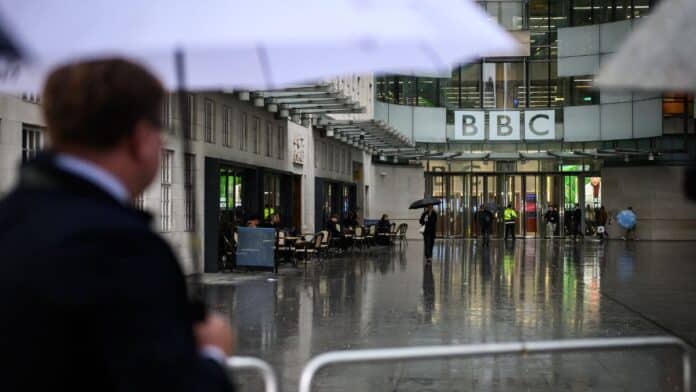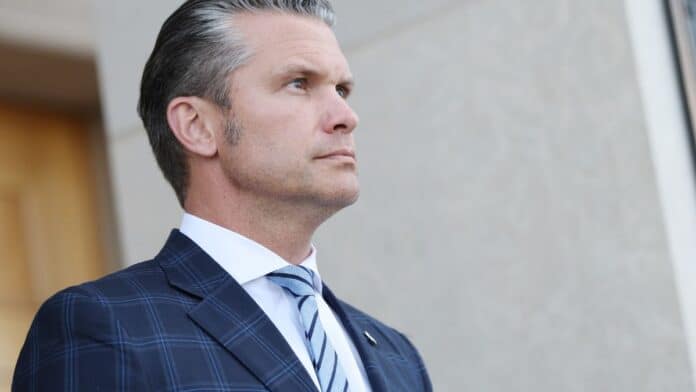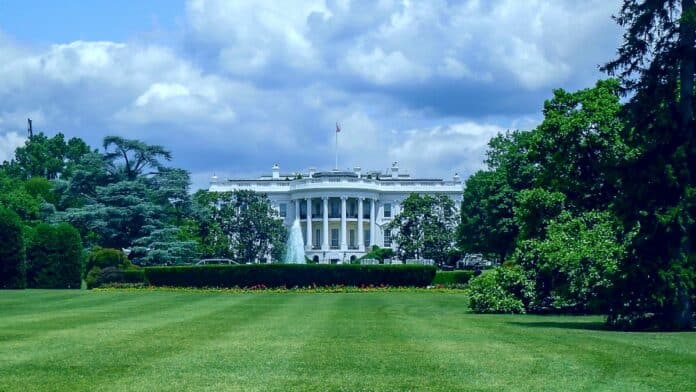Un segundo programa de la BBC ha sido descubierto por haber manipulado un discurso del presidente Trump.
Según un informe de The Telegraph, BBC Newsnight editó imágenes de un discurso de Trump, haciéndolo parecer como si hubiera alentado a sus seguidores a amotinarse antes de la protesta del 6 de enero de 2021. El programa Newsnight vinculó declaraciones pronunciadas con casi una hora de diferencia.
El clip mostró al presidente Trump diciendo: “Vamos a caminar hacia el Capitolio y vamos a animar a nuestros valientes senadores y congresistas y mujeres congresistas, y peleamos. Peleamos como [eliminado] y si no peleas como [eliminado] ya no vas a tener un país”.
En realidad, el presidente Trump dijo: “Ahora, depende del Congreso enfrentar este asalto atroz a nuestra democracia. Y después de esto, vamos a caminar, y estaré allí con ustedes, vamos a caminar, vamos a caminar”.
“Con quien quieran, pero creo que aquí mismo vamos a caminar hacia el Capitolio, y vamos a animar a nuestros valientes senadores y congresistas y mujeres congresistas, y probablemente no vamos a estar animando tanto a algunos de ellos”, dijo, añadiendo casi una hora después: “La mayoría de la gente se quedaría allí a las 9 de la noche y diría quiero agradecerles mucho, y se van a otra vida, pero yo dije algo está mal aquí, algo está realmente mal, no pudo haber pasado, y peleamos. Peleamos como [eliminado], y si no peleas como [eliminado], ya no vas a tener un país”.
Un portavoz del equipo legal de Trump dijo al medio: “Ahora está claro que la BBC participó en un patrón de difamación contra el presidente Trump al editar intencionalmente y de manera engañosa su histórico discurso para tratar de interferir en la elección presidencial”.
“El presidente Trump seguirá responsabilizando a quienes trafican con mentiras, engaños y noticias falsas”, dijo el portavoz.
El desarrollo marca la segunda vez que la BBC es descubierta manipulando el discurso de Trump.
La BBC se ha disculpado con el presidente Trump después de ser amenazada con una demanda. “Aceptamos que nuestra edición creó involuntariamente la impresión de que estábamos mostrando una sección continua del discurso, en lugar de extractos de diferentes puntos del discurso, y que esto dio la impresión equivocada de que el presidente Trump había hecho un llamado directo a la acción violenta”, declaró la BBC.















